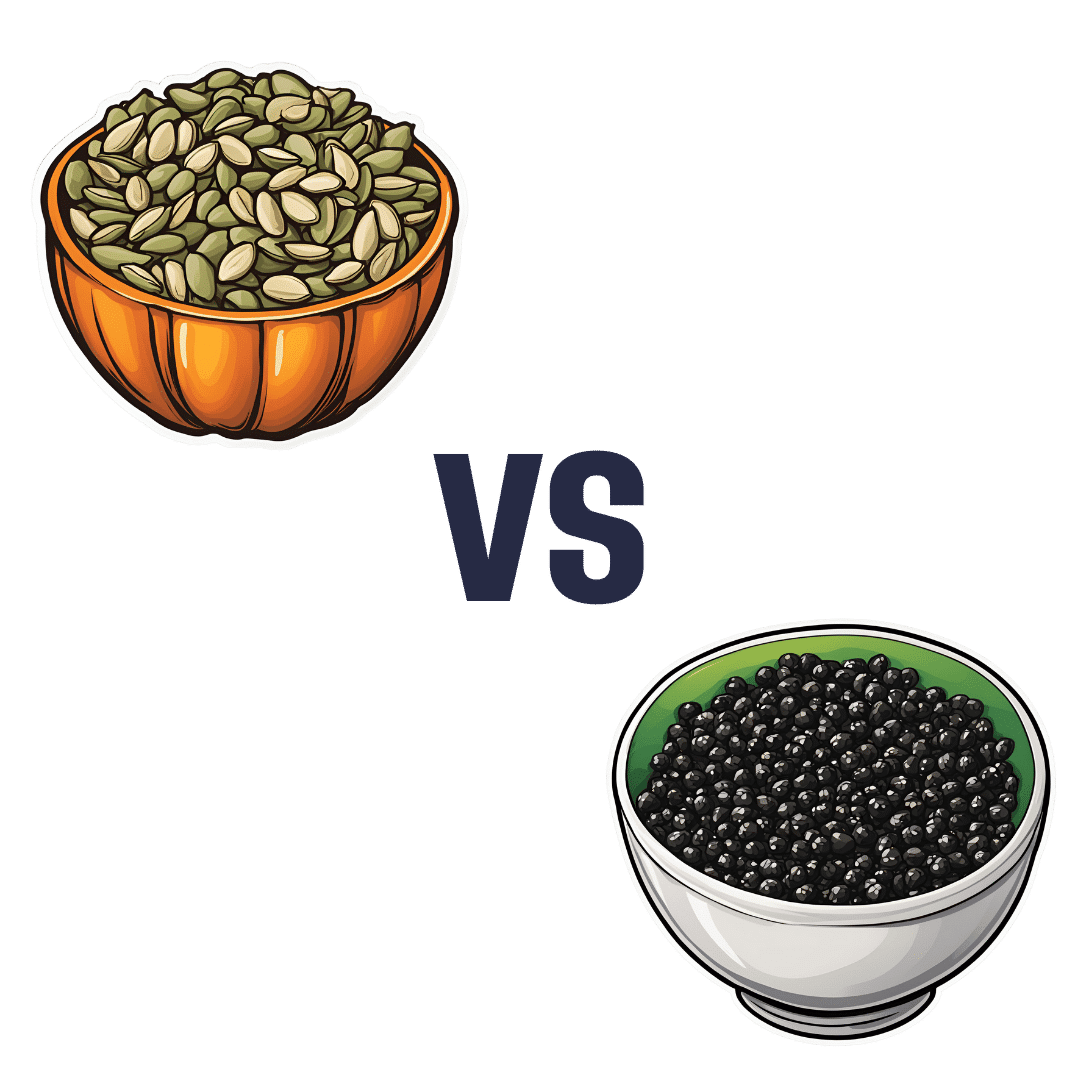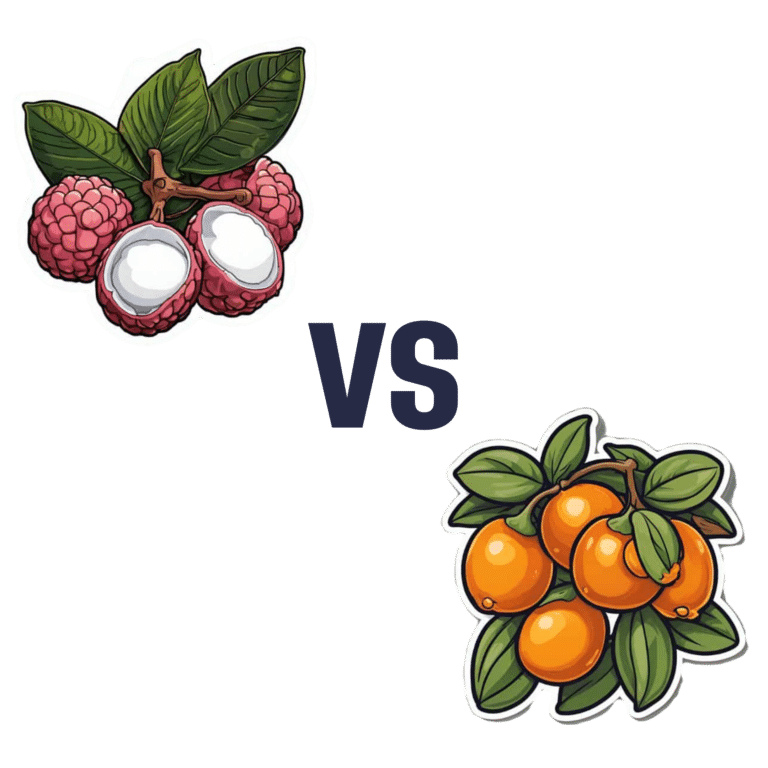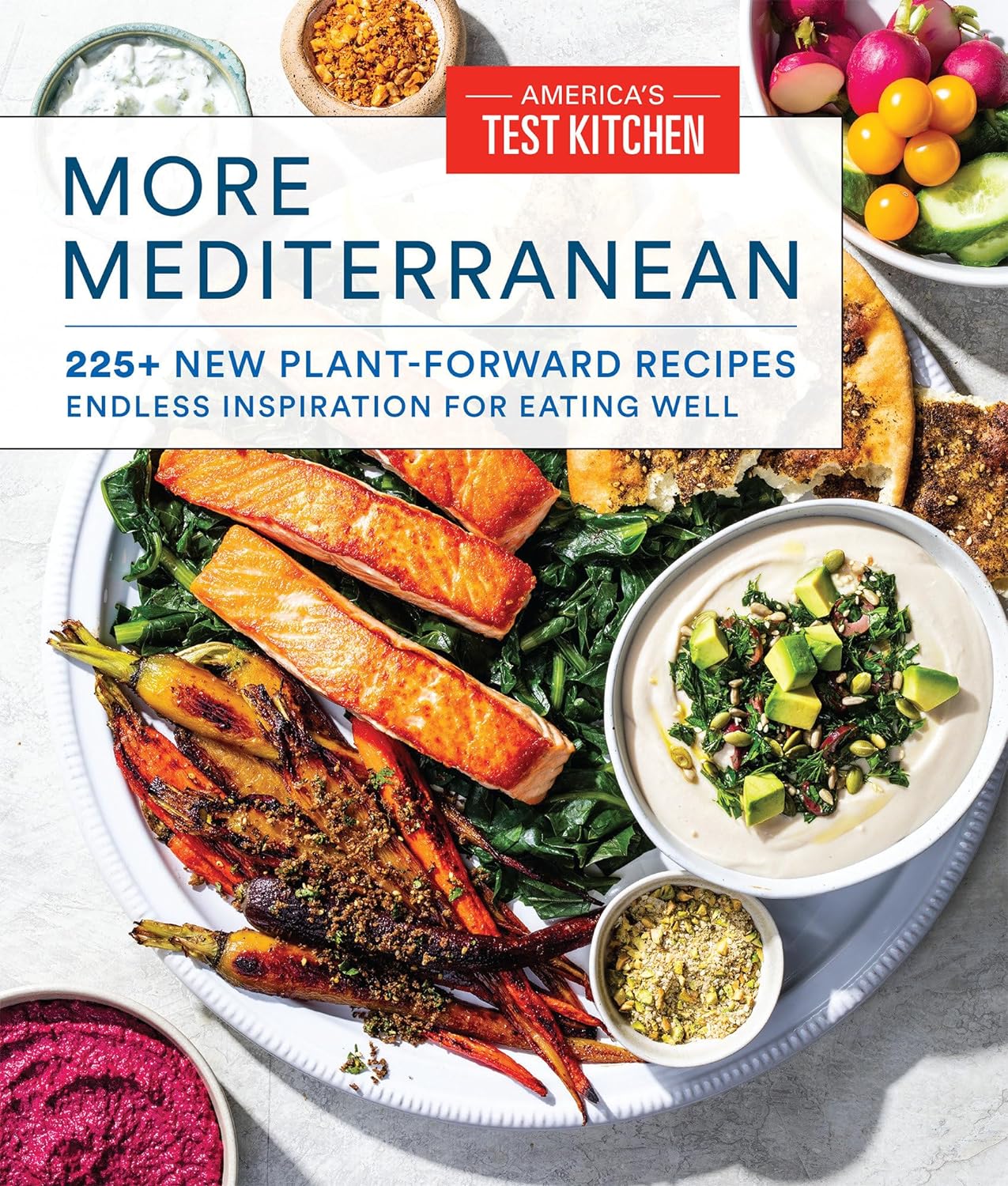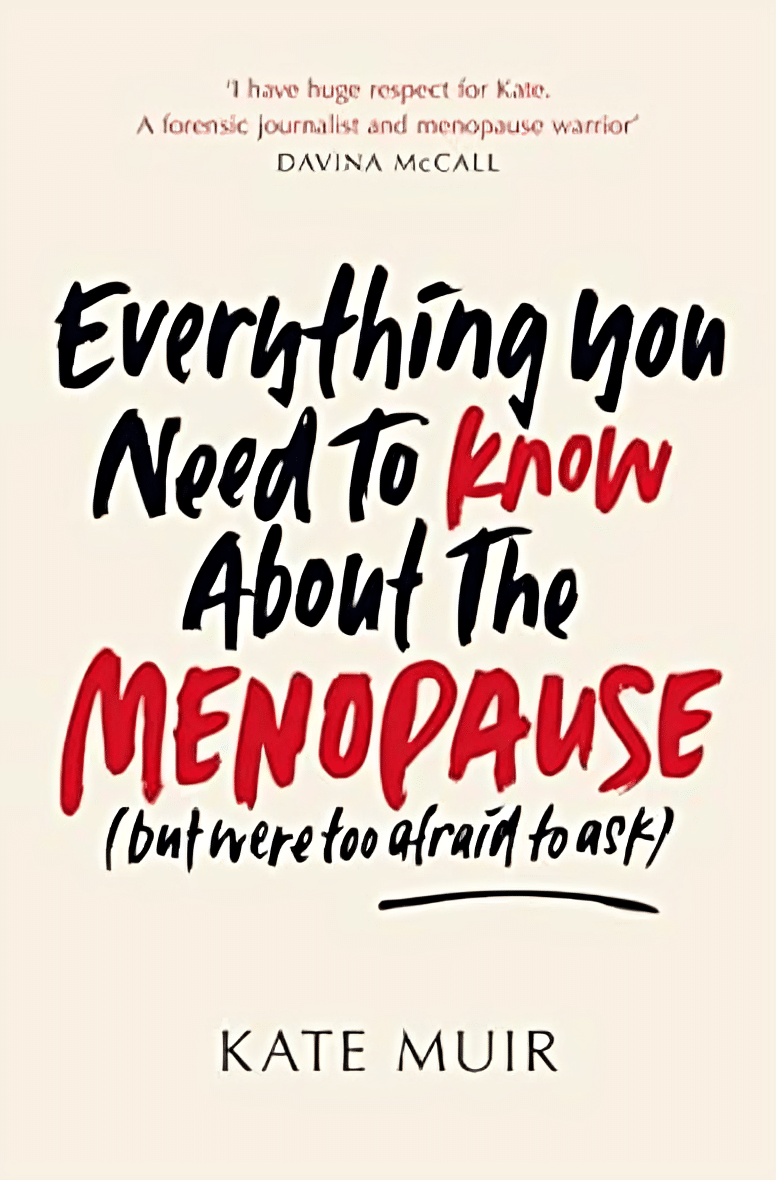
Pumpkin Seeds vs Watermelon Seeds – Which is Healthier?
10almonds is reader-supported. We may, at no cost to you, receive a portion of sales if you purchase a product through a link in this article.
Our Verdict
When comparing pumpkin seeds to watermelon seeds, we picked the watermelon.
Why?
Starting with the macros: pumpkin seeds have a lot more carbs, while watermelon seeds have a lot more protein, despite pumpkin seeds being famous for such. They’re about equal on fiber. In terms of fats, watermelon seeds are higher in fats, and yes, these are healthy fats, mostly polyunsaturated.
When it comes to vitamins, pumpkin seeds are marginally higher in vitamins A and C, while watermelon seeds are a lot higher in vitamins B1, B2, B3, B5, B6, and B9. An easy win for watermelon seeds here.
In the category of minerals, despite being famous for zinc, pumpkin seeds are higher only in potassium, while watermelon seeds are higher in iron, magnesium, manganese, and phosphorus; the two seeds are equal on calcium, copper, and zinc. Another win for watermelon seeds.
In short, enjoy both, but watermelon has more to offer. Of course, if buying just the seeds and not the whole fruit, it’s generally easier to find pumpkin seeds than watermelon seeds, so do bear in mind that pumpkin seeds’ second place isn’t that bad here—it’s just a case of a very nutritious food looking bad by standing next to an even better one.
Want to learn more?
You might like to read:
Seed Saving Secrets – by Alice Mirren
Take care!
Don’t Forget…
Did you arrive here from our newsletter? Don’t forget to return to the email to continue learning!
Recommended
Learn to Age Gracefully
Join the 98k+ American women taking control of their health & aging with our 100% free (and fun!) daily emails:
-
More Mediterranean – by American’s Test Kitchen
10almonds is reader-supported. We may, at no cost to you, receive a portion of sales if you purchase a product through a link in this article.
Regular 10almonds readers will know that we talk about the Mediterranean diet often, and with good reason; it’s been for quite a while now the “Gold Standard” when it comes to scientific consensus on what constitutes a good diet for healthy longevity.
However, it’s easy to get stuck in a rut of cooking the same three meals and thinking “I must do something different, but not today, because I have these ingredients and don’t know what to cook” and then when one is grocery-shopping, it’s “I should have researched a new thing to cook, but since I haven’t, I’ll just get the ingredients for what I usually cook, since we need to eat”, and so the cycle continues.
This book will help break you out of that cycle! With (as the subtitle promises) hundreds of recipes, there’s no shortage of good ideas. The recipes are “plant-forward” rather than plant-based per se (i.e. there are some animal products in them), though for the vegetarians and vegans, it’s nothing that’s any challenge to substitute.
Bottom line: if you’re looking for “delicious and nutritious”, this book is sure to put a rainbow on your plate and a smile on your face.
Click here to check out More Mediterranean, and inspire your kitchen!
Share This Post
-
Overcome Front-Of-Hip Pain
10almonds is reader-supported. We may, at no cost to you, receive a portion of sales if you purchase a product through a link in this article.
Dr. Alyssa Kuhn, physiotherapist, demonstrates how:
One, two, three…
One kind of pain affects a lot of related things: hip pain has an impact on everything that’s connected to the pelvis, which is basically the rest of the body, but especially the spine itself. For this reason, it’s critical to keep it in as good condition as possible.
Two primary causes of hip stiffness and pain:
- Anterior pelvic tilt due to posture, weight distribution, or pain. This tightens the front muscles and weakens the back muscles.
- Prolonged sitting, which tightens the hip muscles due to inactivity.
Three exercises are recommended by Dr. Kuhn to relieve pain and stiffness:
- Bridge exercise:
- Lie on a firm surface with your knees bent.
- Push through your feet, engage your hamstrings, and flatten your lower back.
- Hold for 3–5 seconds, relax, and repeat (10–20 reps).
- Wall exercise with arms:
- Stand with your lower back against the wall, feet a step away.
- Tilt your hips backwards, keeping your lower back in contact with the wall.
- Alternate lifting one arm at a time while maintaining back contact with the wall (10–20 reps).
- Wall exercise with legs:
- Same stance as the previous exercise but wider now.
- Lift one heel at a time while keeping your hips stable and your back against the wall.
- Practice for 30–60 seconds, maintaining good form.
As ever, consistency is key for long-term relief. Dr. Kuhn recommends doing these regularly, especially before any expected periods of prolonged sitting (e.g. at desk, or driving, etc). And of course, do try to reduce, or at least break up, those sitting marathons if you can.
For more on all of this plus visual demonstrations, enjoy:
Click Here If The Embedded Video Doesn’t Load Automatically!
Want to learn more?
You might also like to read:
Take care!
Share This Post
-
At The Heart Of Women’s Health
10almonds is reader-supported. We may, at no cost to you, receive a portion of sales if you purchase a product through a link in this article.
A woman’s heart is a particular thing
For the longest time (and still to a large degree now), “women’s health” is assumed to refer to the health of organs found under a bikini. But there’s a lot more to it than that. We are whole people, with such things as brains and hearts and more.
Today (Valentine’s Day!) we’re focusing on the heart.
A quick recap:
We’ve talked previously about some of these sex differences when it comes to the heart, for example:
Heart Attack: His & Hers (Be Prepared!)
…but that’s fairly common knowledge at least amongst those who are attentive to such things, whereas…
…is much less common knowledge, especially with the ways statins are more likely to make things worse for a lot of women (not all though; see the article for some nuance about that).
We also talked about:
What Menopause Does To The Heart
…which is well worth reading too!
A question:
Why are women twice as likely to die from a heart attack as their age-equivalent male peers? Women develop heart disease later, but die from it sooner. Why is that?
That’s been a question scientists have been asking (and tentatively answering, as scientists do—hypotheses, theories, conclusions even sometimes) for 20 years now. Likely contributing factors include:
- A lack of public knowledge of the different symptoms
- A lack of confidence of bystanders to perform CPR on a woman
- A lack of public knowledge (including amongst prescribers) about the sex-related differences for statins
- A lack of women in cardiology, comparatively.
- A lack of attention to it, simply. Men get heart disease earlier, so it’s thought of as a “man thing”, by health providers as much as by individuals. Men get more regular cardiovascular check-ups, women get a mammogram and go.
Statistically, women are much more likely to die from heart disease than breast cancer:
- Breast cancer kills around 0.02% of us.
- Heart disease kills one in three.
And yet…
❝In a nationwide survey, only 22% of primary care doctors and 42% of cardiologists said they feel extremely well prepared to assess cardiovascular risks in women.
We are lagging in implementing risk prevention guidelines for women.
A lot of women are being told to just watch their cholesterol levels and see their doctor in a year. That’s a year of delayed care.❞
Source: The slowly evolving truth about heart disease and women
(there’s a lot more in that article than we have room for in ours, so do check it out!)
Some good news:
The “bystanders less likely to feel confident performing CPR on a woman” aspect may be helped by the deployment of new automatic external defibrillator, that works from four sides instead of one.
It’s called “double sequential external defibrillation”, and you can learn about it here:
A new emergency procedure for cardiac arrests aims to save more lives—here’s how it works
(it’s in use already in Canada and Aotearoa)
Gentlemen-readers, thank you for your attention to this one even if it was mostly not about you! Maybe someone you love will benefit from being aware of this
On a lighter note…
Since it’s Valentine’s Day, a little more on affairs of the heart…
Is chocolate good for the heart? And is it really an aphrodisiac?
We answered these questions and more in our previous main feature:
Chocolate & Health: Fact or Fiction?
Enjoy!
Share This Post
Related Posts
-
Red Cabbage vs White Cabbage – Which is Healthier?
10almonds is reader-supported. We may, at no cost to you, receive a portion of sales if you purchase a product through a link in this article.
Our Verdict
When comparing red cabbage to white cabbage, we picked the red.
Why?
Perhaps you guessed this one, based on the “darker and/or more colorful foods are usually more nutritionally dense” dictum. That’s not always true, by the way, but it is a good rule of thumb and it is correct here. In the case of cabbages, each type is a nutritional powerhouse, but red does beat white:
In terms of macros, they’re quite comparable. They’re both >90% water with just enough other stuff (carbs, fiber, protein) to hold them together, and the “other stuff” in question is quite similarly proportioned in both cases. Within the carbs, even the sugar breakdown is similar. There are slight differences, but the differences are not only tiny, but also they balance out in any case.
When it comes to vitamins, as you might expect, the colorful red cabbage does better with more of vitamins A, B1, B2, B3, B6, C, and choline, while white has more of vitamins B5, B9, E, and K. So, a 7:4 win for red.
In the category of minerals, it’s even more polarized; red cabbage has more calcium, iron, magnesium, manganese, phosphorus, potassium, selenium, and zinc. On the other hand, white contains a tiny amount more copper.
In short, both are great (red just makes white look bad by standing next to it, but honestly, white has lots of all those same things too, just not quite as much as red), and this writer will continue to use white when making her favorite shchi, but if you’re looking for the most nutritionally dense option, it’s red.
Want to learn more?
You might like to read:
Enjoy Bitter Foods For Your Heart & Brain
Take care!
Don’t Forget…
Did you arrive here from our newsletter? Don’t forget to return to the email to continue learning!
Learn to Age Gracefully
Join the 98k+ American women taking control of their health & aging with our 100% free (and fun!) daily emails:
-
Tartar Removal At Home & How To Prevent Tartar
10almonds is reader-supported. We may, at no cost to you, receive a portion of sales if you purchase a product through a link in this article.
Three things to bear in mind:
- Tartar is hardened plaque.
- Plaque is an infected biofilm that expands the natural thin film on teeth.
- Healthy biofilm resists plaque and tartar formation.
Therefore, the recommended approach is a multistep program:
The Complete Mouth Care System
Dr. Phillips recommends to use these five products in this order twice daily:
- Zellie’s Mints & Gum: having 6–10 grams of xylitol daily will help to loosen plaque on teeth so that the following program is more effective. Xylitol protects from mouth acidity and help to remineralize teeth.
- CloSYS Prerinse: CloSYS will prepare your teeth for brushing. This pH neutral rinse ensures that brushing teeth does not occur in an acidic mouth and therefore easily damage teeth.
- Crest Cavity Protection Regular Paste: has an active ingredient of sodium fluoride at optimal concentration (not stannous fluoride). This paste has the proper abrasion and no glycerine.
- Listerine: is an effective rinse that targets the bacteria that cause plaque build up and gingivitis with three active ingredients: eucalyptus essential oil, menthol essential oil, and thymol essential oil. As such, unlike many mouthwashes, listerine does not harm the mouth’s diversity of good bacteria or the mouth’s production of nitric oxide.
- ACT Anticavity Rinse: ACT is a very dilute but extremely effective sodium fluoride solution. It helps prevent and reverse cavities, strengthen teeth, reduce sensitivity, and leaves your breath fresh.
She advises us that by doing this twice-daily over 6 months, we can expect significant tartar reduction, and indeed, that dental appointments may reveal minimal or no need for tartar removal.
For more on all of this, enjoy:
Click Here If The Embedded Video Doesn’t Load Automatically!
Want to learn more?
You might also like to read our own three-part series:
- Toothpastes & Mouthwashes: Which Help And Which Harm?
- Flossing Without Flossing?
- Less Common Oral Hygiene Options ← we recommend the miswak! Not only does it clean the teeth as well as or better than traditional brushing, but also it changes the composition of saliva to improve the oral microbiome, effectively turning your saliva into a biological mouthwash that kills unwanted microbes and is comfortable for the ones that should be there.
Take care!
Don’t Forget…
Did you arrive here from our newsletter? Don’t forget to return to the email to continue learning!
Learn to Age Gracefully
Join the 98k+ American women taking control of their health & aging with our 100% free (and fun!) daily emails:
-
Everything You Need To Know About The Menopause – by Kate Muir
10almonds is reader-supported. We may, at no cost to you, receive a portion of sales if you purchase a product through a link in this article.
Kate Muir has made a career out of fighting for peri-menopausal health to be taken seriously. Because… it’s actually far more serious than most people know.
What people usually know:
- No more periods
- Hot flushes
- “I dunno, some annoying facial hairs maybe”
The reality encompasses a lot more, and Muir covers topics including:
- Workplace struggles (completely unnecessary ones)
- Changes to our sex life (not usually good ones, by default!)
- Relationship between menopause and breast cancer
- Relationship between menopause and Alzheimer’s
“Wait”, you say, “correlation is not causation, that last one’s just an age thing”, and that’d be true if it weren’t for the fact that receiving Hormone Replacement Therapy (HRT) or not is strongly correlated with avoiding Alzheimer’s or not.
The breast cancer thing is not to be downplayed either. Taking estrogen comes with a stated risk of breast cancer… But what they don’t tell you, is that for many people, not taking it comes with a higher risk of breast cancer (but that’s not the doctor’s problem, in that case). It’s one of those situations where fear of litigation can easily overrule good science.
This kind of thing, and much more, makes up a lot of the meat of this book.
Hormonal treatment for the menopause is often framed in the wider world as a whimsical luxury, not a serious matter of health…. If you’ve ever wondered whether you might want something different, something better, as part of your general menopause plan (you have a plan for this important stage of your life, right?), this is a powerful handbook for you.
Additionally, if (like many!) you justifiably fear your doctor may brush you off (or in the case of mood disorders, may try to satisfy you with antidepressants to treat the symptom, rather than HRT to treat the cause), this book will arm you as necessary to help you get what you need.
Grab your copy of “Everything You Need To Know About The Menopause” from Amazon today!
Don’t Forget…
Did you arrive here from our newsletter? Don’t forget to return to the email to continue learning!
Learn to Age Gracefully
Join the 98k+ American women taking control of their health & aging with our 100% free (and fun!) daily emails:







